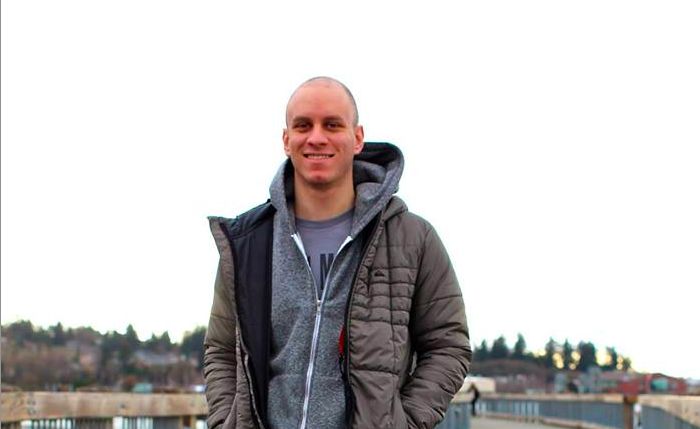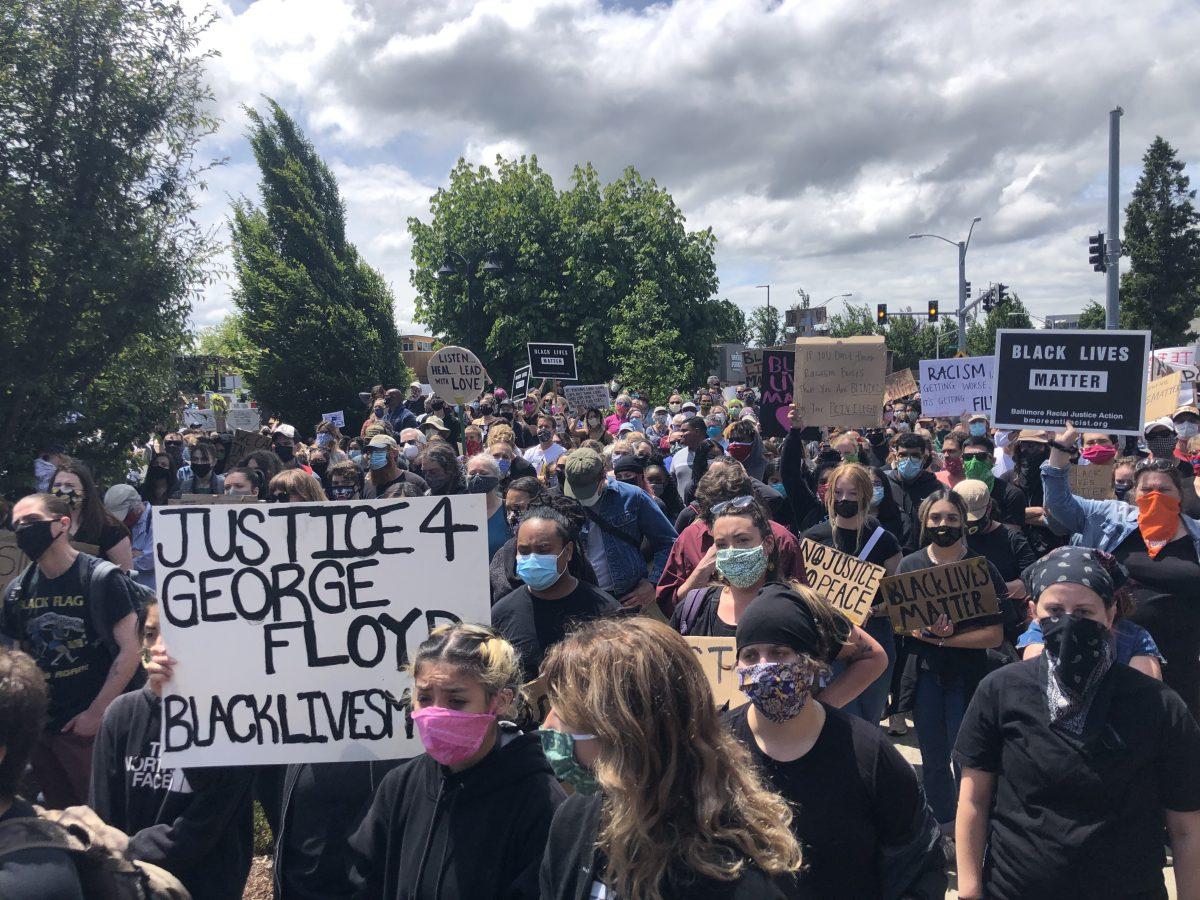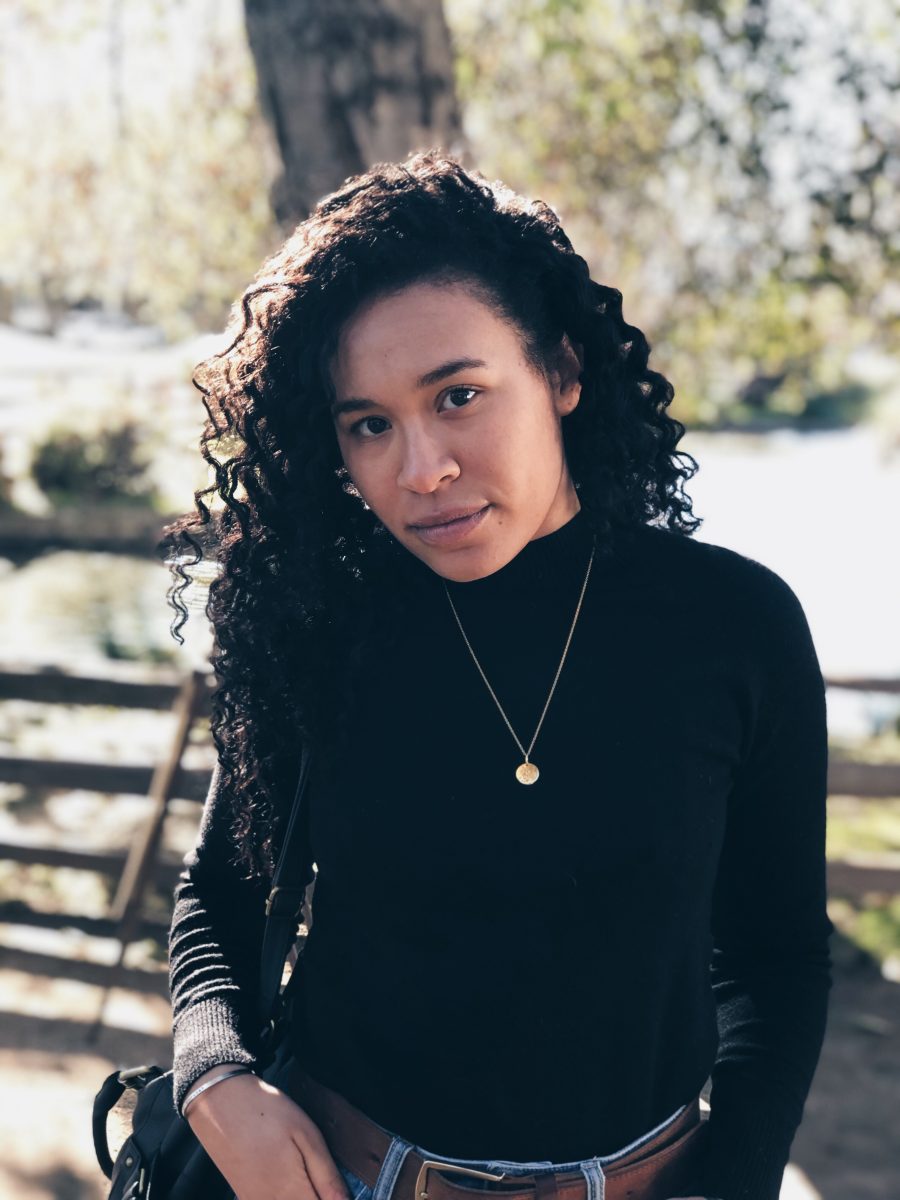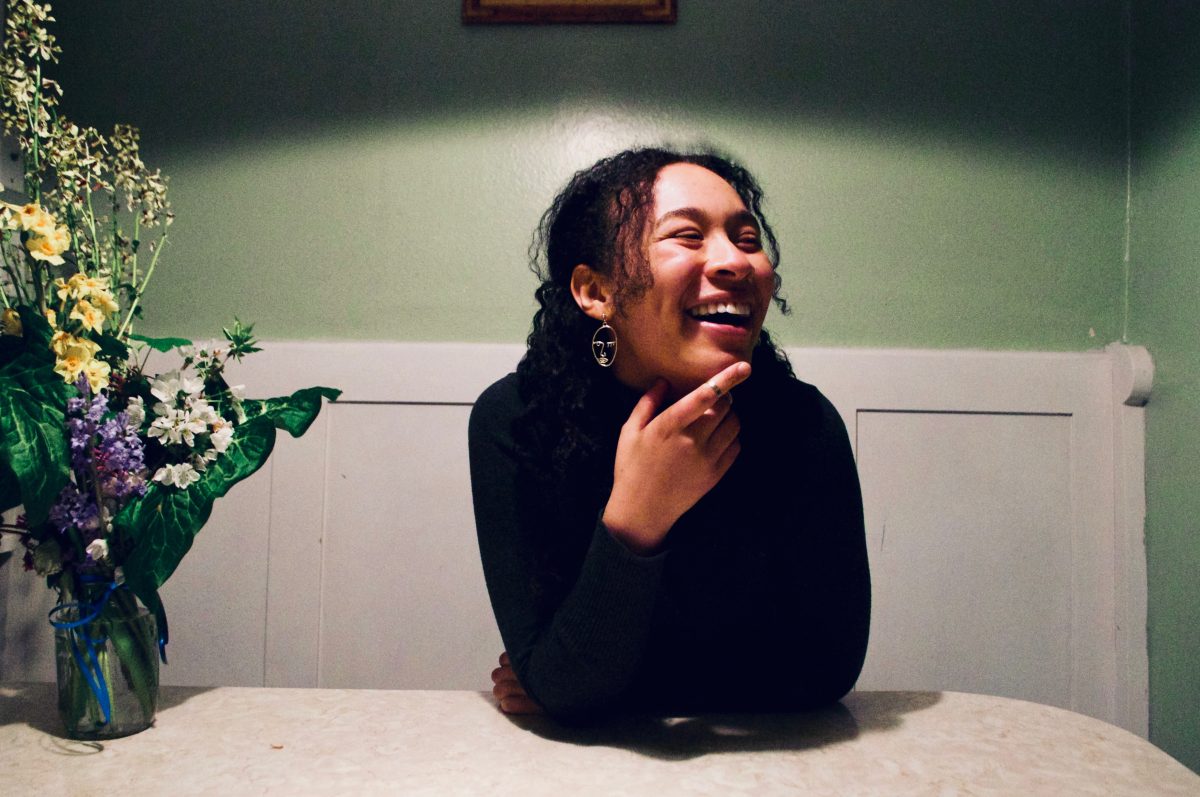As Ethos’ three-part series on sex trafficking in Oregon comes to an end in this issue, I feel it necessary to reflect on the immense amount of time, work, and energy our staff has spent on these stories. It was no small feat to produce nearly 10,000 words of student-led investigative journalism on an intensely sensitive matter: sex crimes.
In part one (“In Plain Sight,” Vol. 6 Iss. 4), we told the stories of three women who have first hand experience in the sex industry. Their stories ranged from positive to downright frightening. What these stories showed was that every woman, no matter who, deserves a voice. In part two (“Speak Up!,” Vol. 7 Iss. 1), we learned about the advocates who make these voices heard. Without them, the public movement to combat sex trafficking and help its survivors would not be as strong and vibrant as it is. In this issue, part three, (“Case Closed,” Vol. 7, Iss. 2) tells a different side of the story: that of law enforcement. After speaking with a Portland detective, a Special Agent from the FBI, and a Multnomah County District Attorney, we learned firsthand about the struggle in Oregon to put sex traffickers behind bars.
This series also represents the power of collegiate journal- ism. Travis Loose, its author, made incredible sacrifices along the way. Devin Ream, our photographer, was right there with Travis through all these months of interviews, re-interviews, editing, and endless meetings. And, without the work of our extensive team of behind the scenes staff, these stories would have never appeared in print. Nobody was paid to produce them and the staff had no help; these pieces are 100 percent produced by us. We didn’t do it for experience or clicks or even for fun — because it wasn’t always fun. We did it because we have a staff genuinely motivated to report on difficult issues because we care about bringing them to light. That speaks volumes to me.
And, Ethos must thank its sources. Without them we wouldn’t be able to connect names and faces to the people who fight these terrible crimes and aid their survivors. Our largest thanks goes to the survivors who spoke with us directly. Your bravery is extraordinary and commendable. For that, we are forever grateful.
This series is what Ethos is all about – telling stories via uncompromising and unembarrassed candor coupled with an incisive intolerance to embedded social injustice. It’s an honor to serve our community in that regard. On behalf of the Ethos staff, thank you for the opportunity.
Gordon Friedman
Editor in Chief
And, Ethos must thank its sources. Without them we wouldn’t be able to connect names and faces to the people who fight these terrible crimes and aid their survivors. Our largest thanks goes to the survivors who spoke with us directly. Your bravery is extraordinary and commendable. For that, we are forever grateful.
This series is what Ethos is all about – telling stories via uncompromising and unembarrassed candor coupled with an incisive intolerance to embedded social injustice. It’s an honor to serve our community in that regard. On behalf of the Ethos staff, thank you for the opportunity.
Gordon Friedman
Editor in Chief














